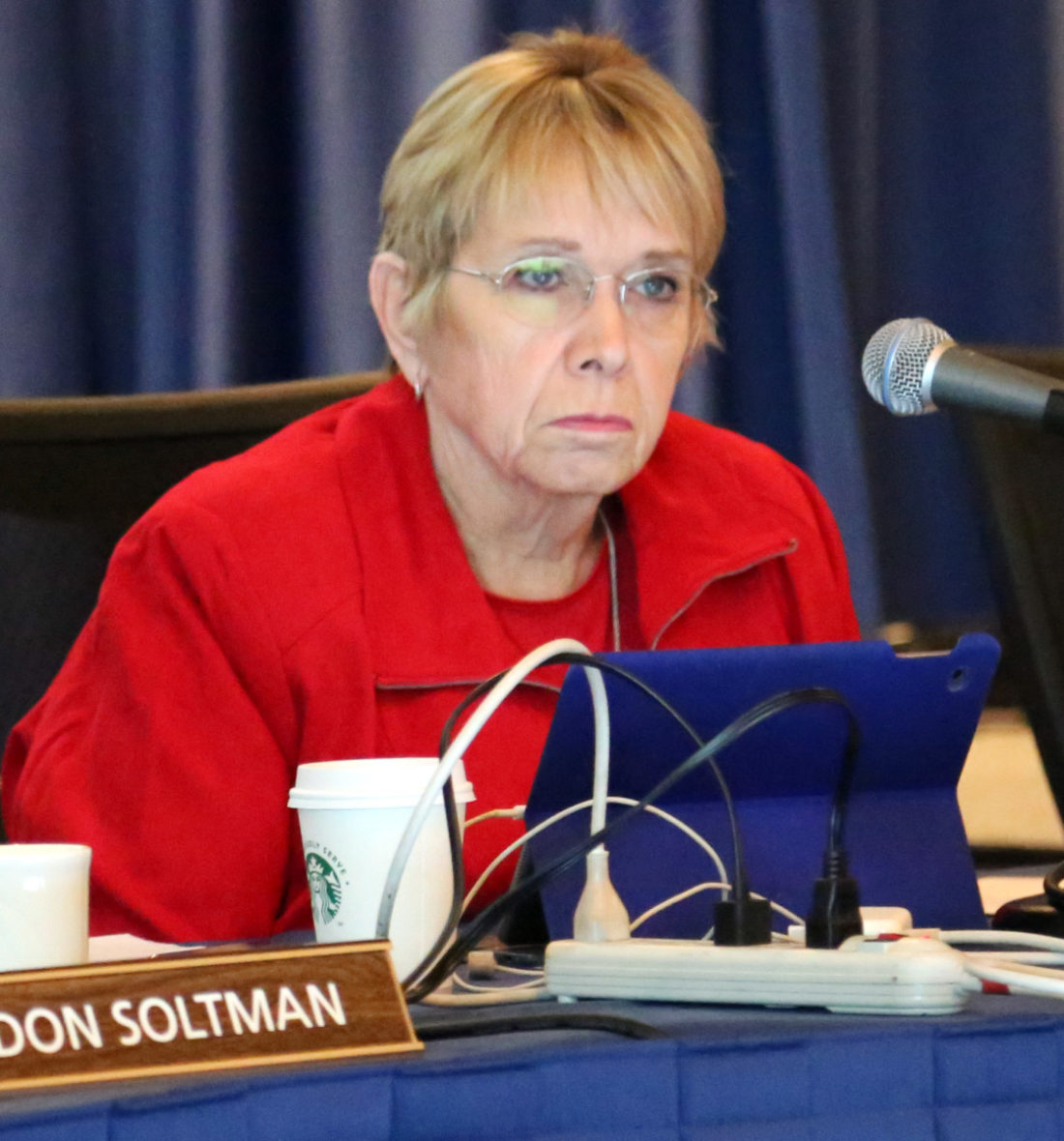(UPDATED, 3:20 p.m., with comments from Gov. Butch Otter.)
The State Board of Education wants to crack down on bad teacher evaluation data.
Specifically, the board is looking at imposing fines against school superintendents who deliberately send false data to the state.
The board gave the idea its preliminary approval Monday morning — during a meeting that was held via conference call. Reporters received word of the meeting only a few hours ahead of time.
Board members endorsed adding language on teacher evaluation data to the career ladder law — the state’s five-year plan to boost teacher salaries.
The language reads, in part: “The intentional misreporting of employee evaluation ratings is a violation of the code of ethics for Idaho professional educators and will result in an investigation by the professional standards commission.”
Administrators who intentionally send false evaluation data to the state could be subject to a $10,000 fine for a first offense. Subsequent violations are subject to a $50,000 fine.
Idaho Education News first wrote about the false evaluation data in 2015. Two district superintendents admitted to sending in false data — retired New Plymouth superintendent Ryan Kerby, now a state representative; and Sugar-Salem superintendent Alan Dunn. Both administrators said the local evaluation scores were none of the state’s business, so they sent in identical scores for all of their teachers.
The 2016 teacher evaluation reports were also fraught with inconsistencies and errors.
But it was the deliberate omissions that drew the attention of State Board members. During a brief discussion Monday morning, board member Don Soltman of Twin Lakes criticized the state’s Professional Standards Commission for taking no action on the issue.
“(It’s) pretty sad,” he said.
Later Monday afternoon, Gov. Butch Otter weighed in on the issue by suggesting that continued career ladder funding hinges upon accurate evaluation data.
“If I am going go to the Legislature and ask them to continue to pay taxpayers’ money on this great promise we all got out of the task force, then I got to have that information,” Otter told Idaho Ed News.
“I can tell you this,” Otter continued. “If I were in the Legislature and I wasn’t getting accurate information and I wasn’t getting the accountability and the success that I thought I was getting, I would start reserving my vote.”
Otter described the evaluation data submitted by school superintendents as “incomplete, terribly incomplete.” Accurate data is a critical piece of accountability, he said, and it serves as evidence that lawmakers are getting a return on their investment.

On Monday morning, State Board President Emma Atchley of Ashton expressed her own concerns about the data issues.
“I think that’s part of our credibility issue,” she said, “and I think we have to address that at some point.”
Monday’s vote does not necessarily commit the board to pressing the issue in January, when the 2017 legislative session convenes. Board members gave themselves the latitude of changing bill language before the start of the session.
But Monday’s action came abruptly, and with next to no public notice.
Idaho Education News received an email notification about Monday’s meeting at 5:11 a.m., less than five hours before the start of the meeting.
The notice said only that the board would discuss its 2017 legislative agenda. The meeting agenda did not mention the teacher evaluations language. Nor did it mention a possible change in dual credit course criteria — a topic that took up the bulk of the 45-minute meeting.
The language on teacher evaluations data appears on page 49 of the board’s 52-page meeting packet, available on the board’s website.
State Board spokesman Blake Youde acknowledged the late notice to reporters, but said the meeting did not violate open meeting law. Notice about the meeting was posted late last week on the State Board’s website, he said.
Idaho Education News reporter Clark Corbin contributed to this report.
